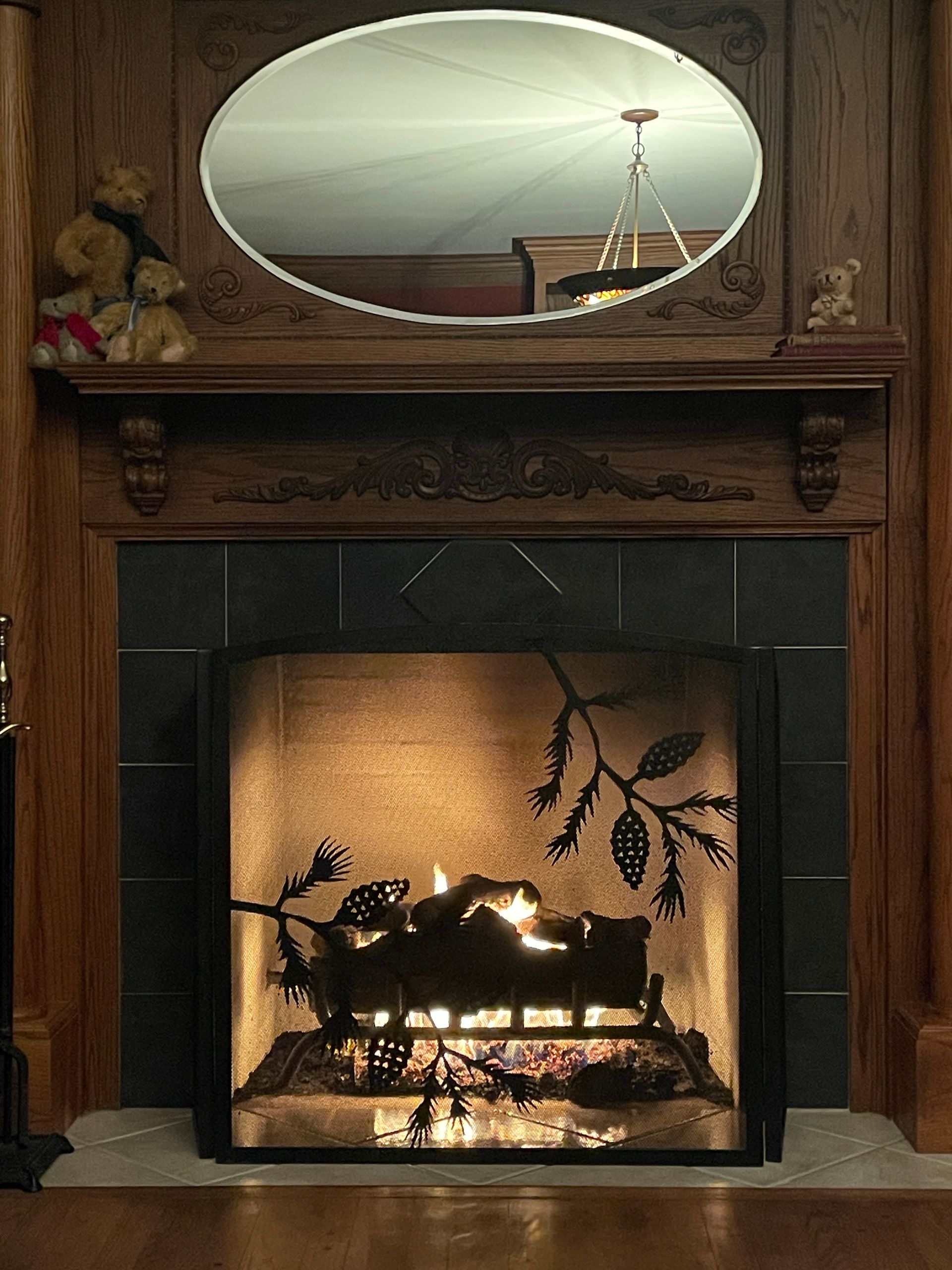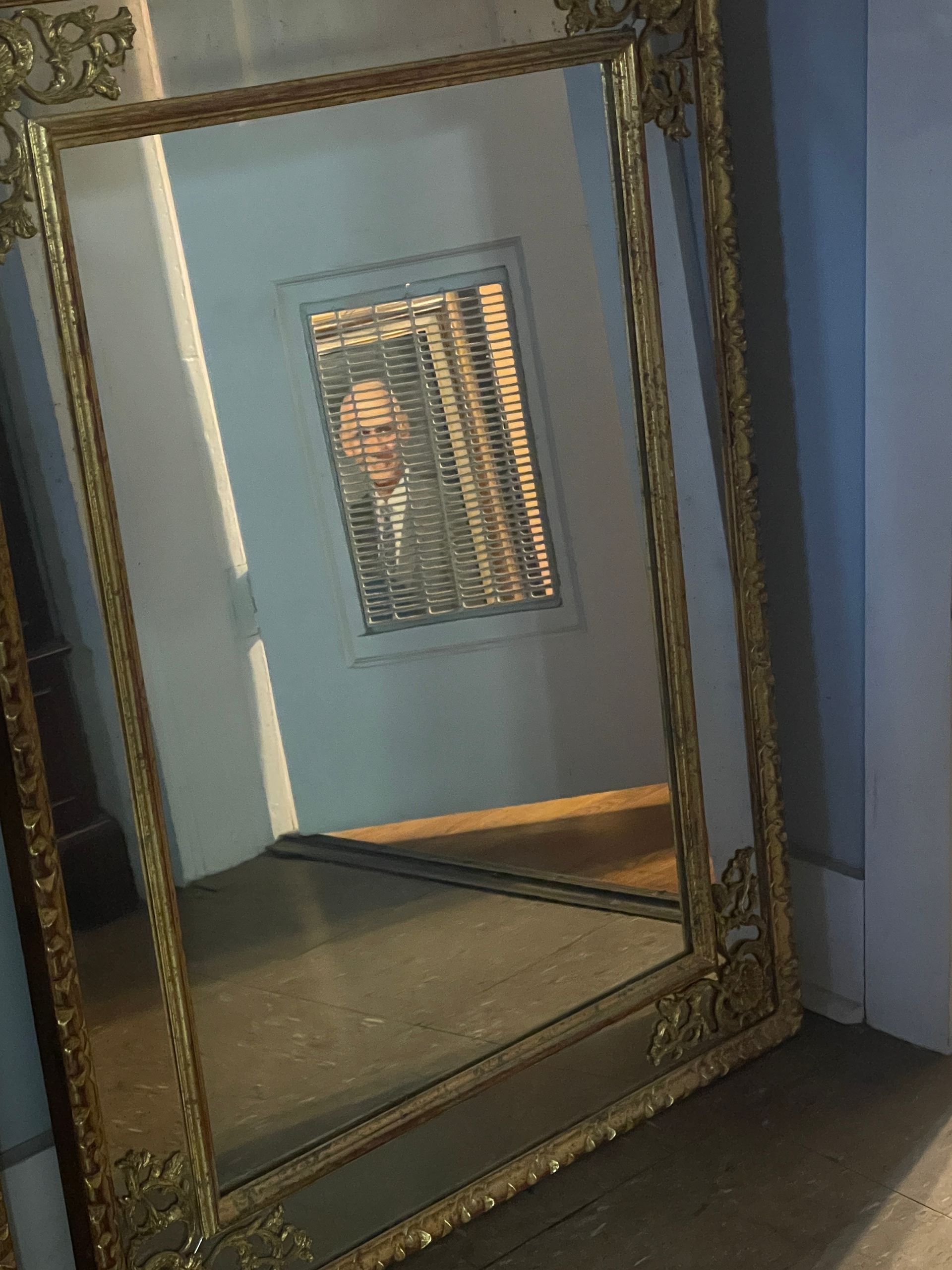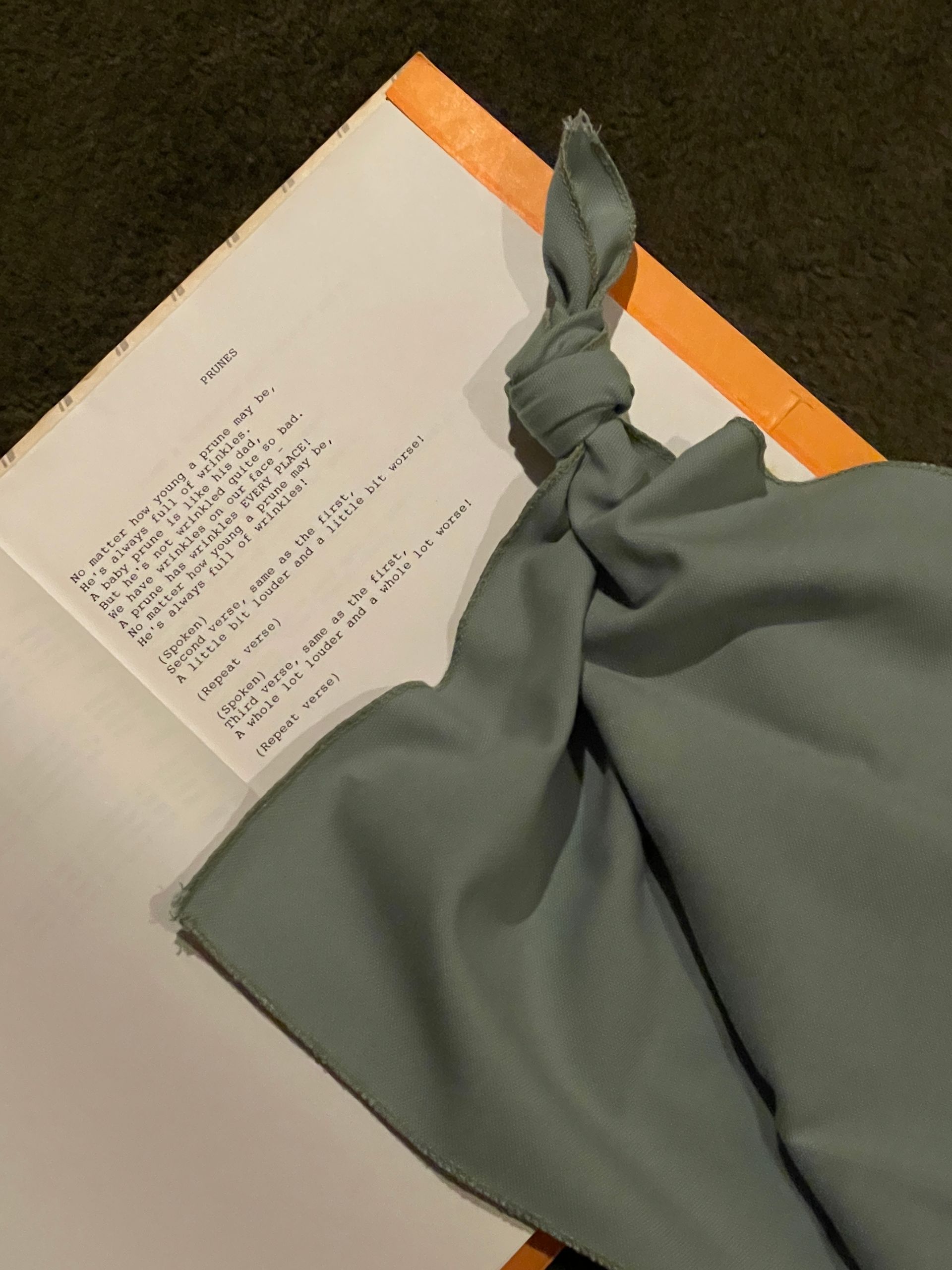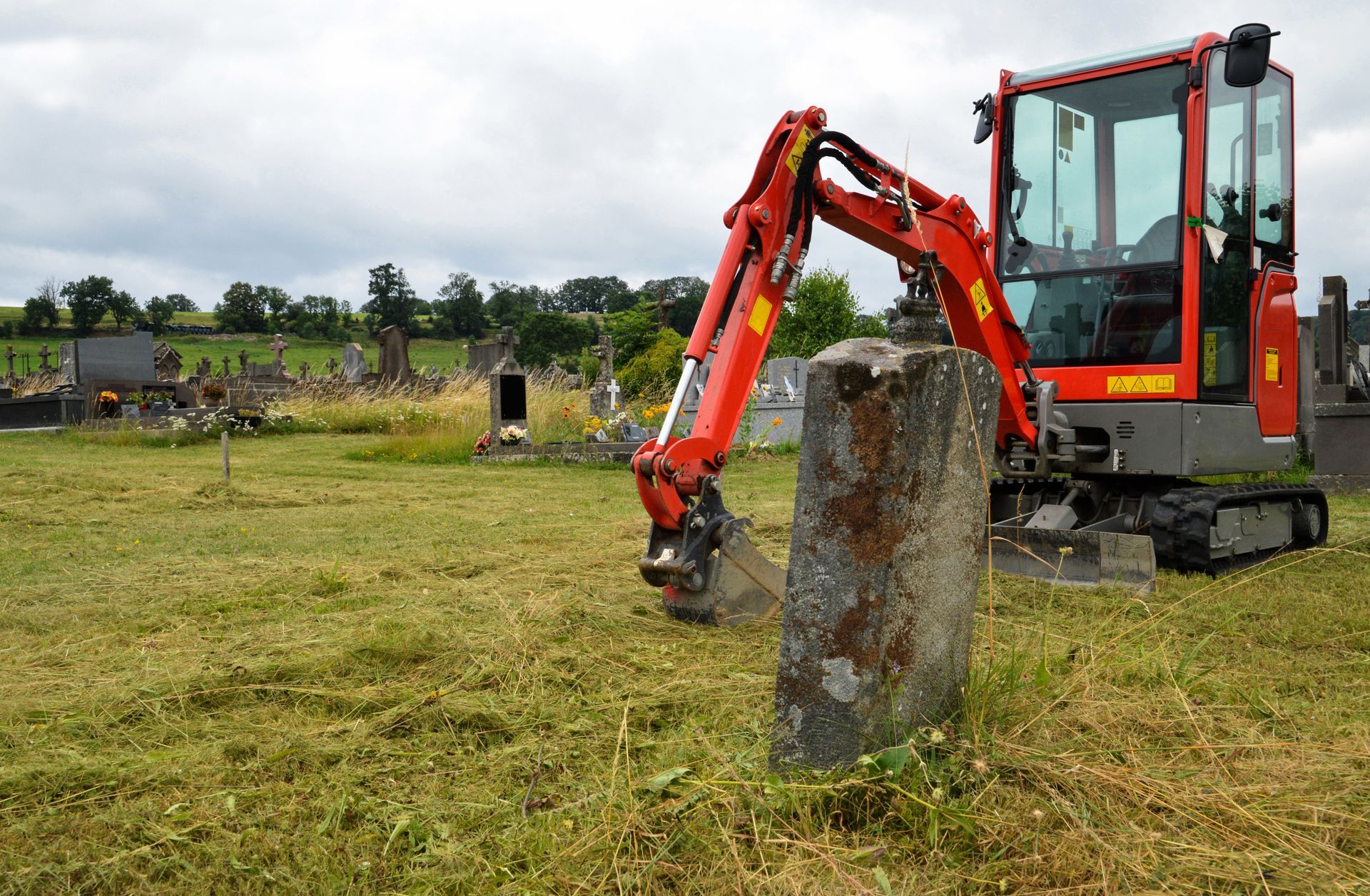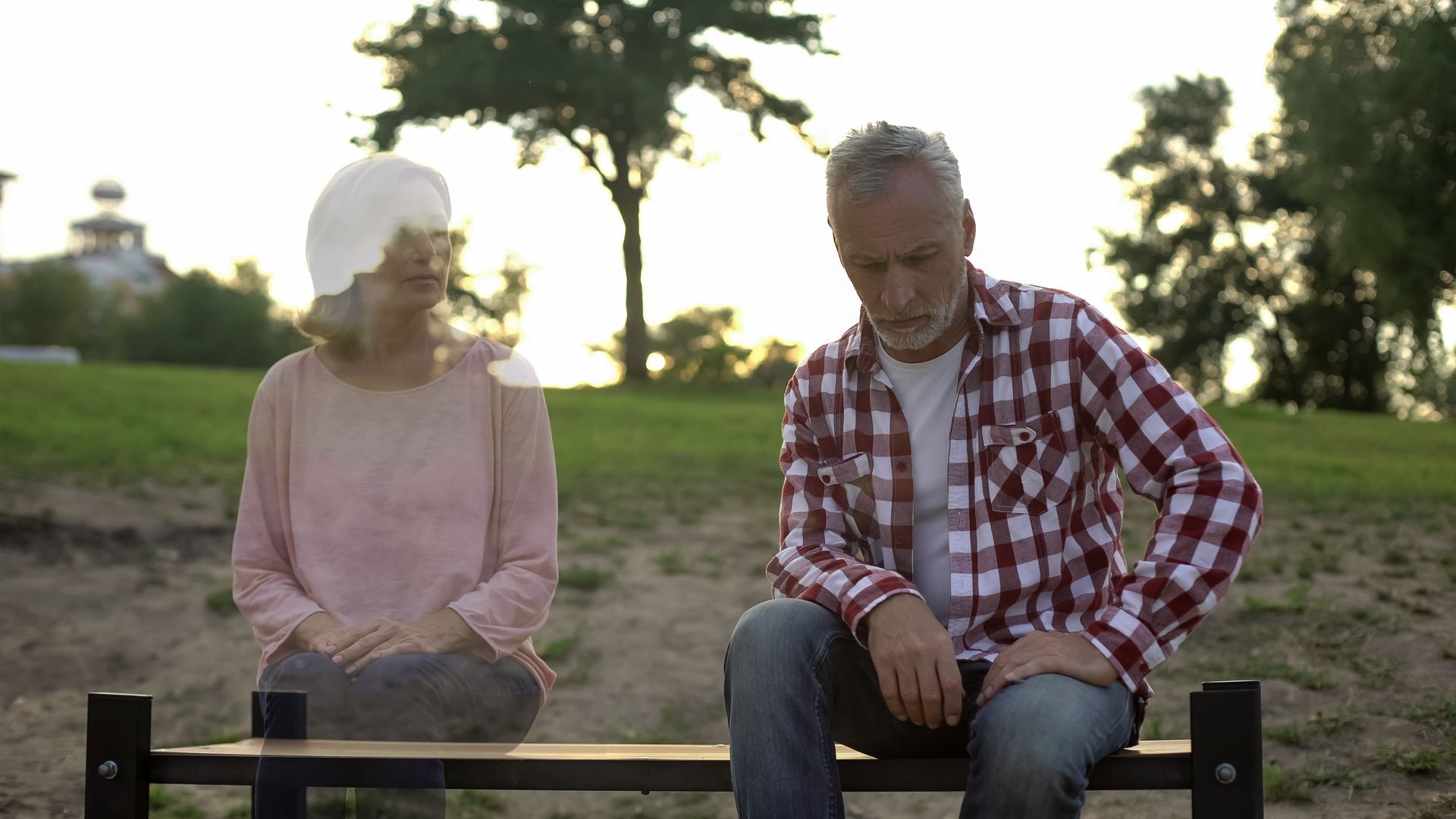Not For Praise or Pay
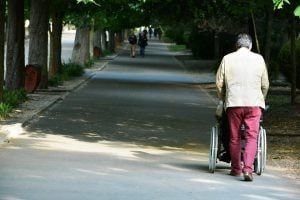
“I just feel guilty! I feel like it’s my fault I didn’t see this and I didn’t do something to prevent it. I’m his caretaker and I failed.
“It’s eating me up . . .”
She’d gone home and found him. Obviously something was terribly wrong but she had no real clue as to how wrong it actually was. What followed was a helicopter flight to another hospital, days of sedation and testing—and not nearly enough answers.
If ever there was a group of people who approach superhuman status, it would be those who choose to fill the role of caretaker. Although there are professional versions who are equally worthy of admiration, I’m referring to those nonprofessionals who have dedicated their lives to caring for someone they love. They willingly devote their time and attention and energy to someone whose condition may demand more and more of them as the days pass. Depending on the ages of everyone involved, there may be additional responsibilities such as other family members and work. Still, they try to be ever watchful, to anticipate and meet every need, and usually they reach a point of absolute physical, mental, and emotional exhaustion long before their task is done.
It’s no wonder the caretaker often dies before the patient. The physical demands can be overwhelming, especially if the person in their care is unable to tend to their own needs. Mentally they try to stay alert, perhaps wondering if the decline they see can be prevented or at least delayed. There are medical decisions to be made, often with the end result being the difference between life and death. Are they doing enough? Are they doing too much? As difficult as it is to consider, they may be asked to determine if it’s time to let go or if there is still a quality of life worth preserving. Emotionally they are on an endless roller coaster with each health scare forcing them to acknowledge that one day their dedication will no longer be needed.
When that day comes—and it will if their task doesn’t get the better of them—they often look back and wonder what they missed. What small, insignificant change took place that they should have seen, that would have foretold the future and allowed them to change it? And the more they hit replay the more they will blame themselves for not preventing the inevitable.
Caretakers are an amazing group of people, a group that selflessly dedicates themselves to bettering the remaining years of another human being, not for praise or pay, but for love. How sad that many of them so often feel as though they’ve failed, especially when their role finally ends. That sense of guilt can be accompanied not only by a sense of loss but of being lost. So much of life has been invested in caring for another that the freedom brought by death seems strangely unnatural. Suddenly the ties that bound them no longer exist and they may actually feel guilty for feeling as though the weight of the world has been lifted from their shoulders.
It’s been said that it takes a village to raise a child. Well, I’m going to expand the village’s responsibilities and say they’re also needed when that child becomes an adult who can no longer care for themselves. No matter how much you love someone, the task of caring for them due to illness or incapacity becomes a very long and desolate road when it’s traveled alone. We’ve all known people who have willingly made, or are making, that journey, and we’re always there for them when their journey finally ends. How much easier would it have been for them if there had been help and support along the way?
The post Not For Praise or Pay appeared first on Shackelford Funeral Directors | Blog.
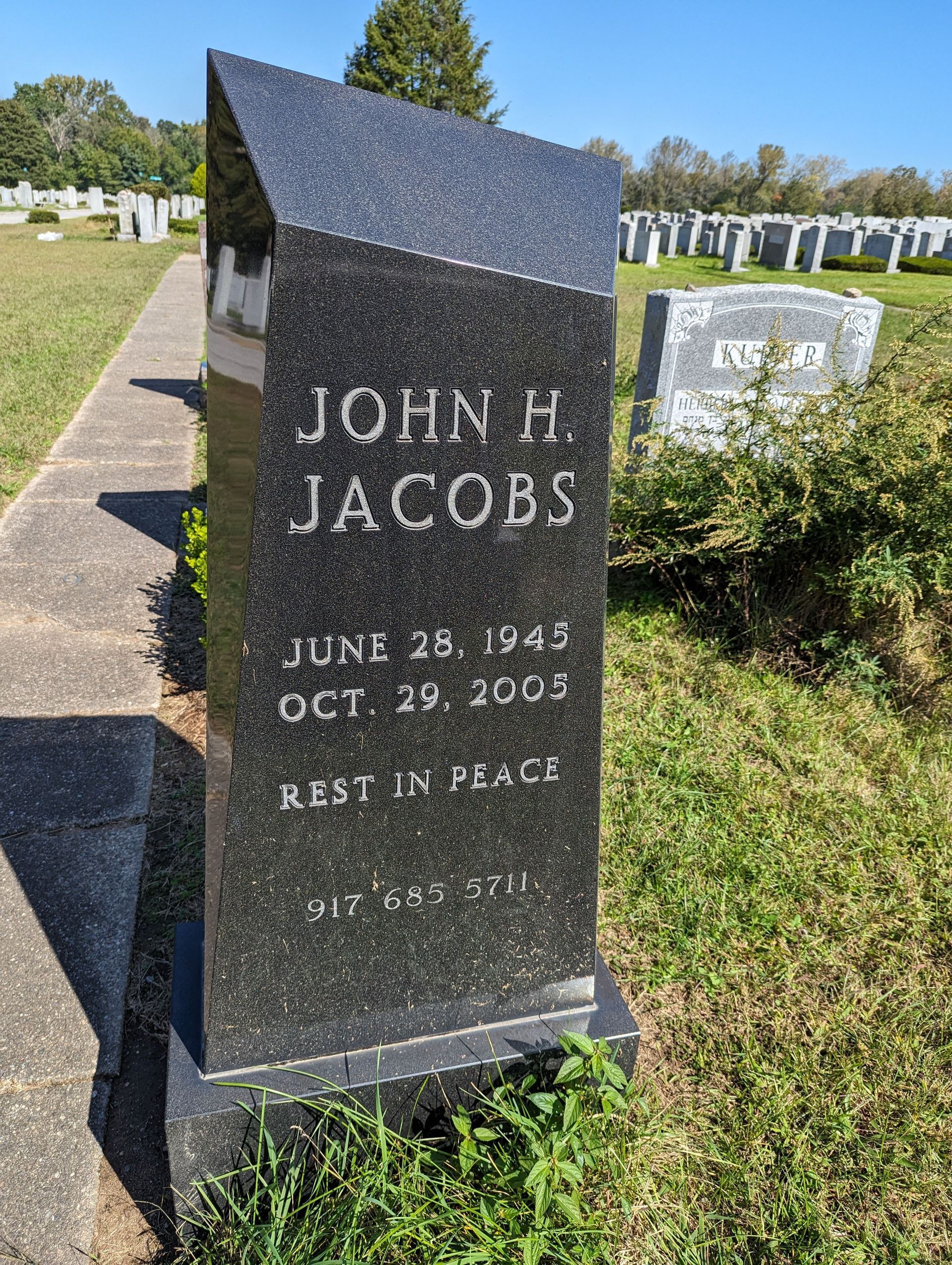
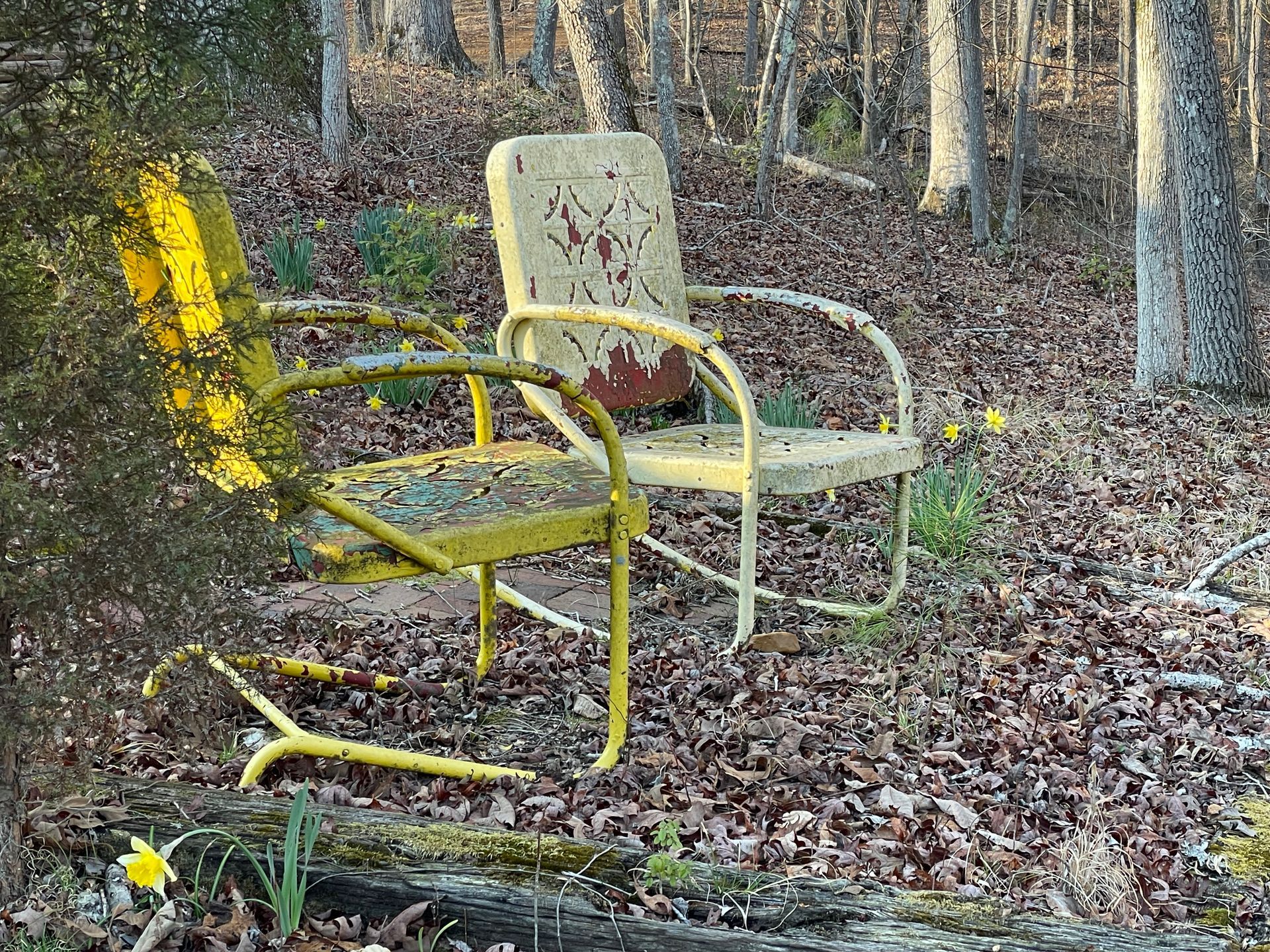
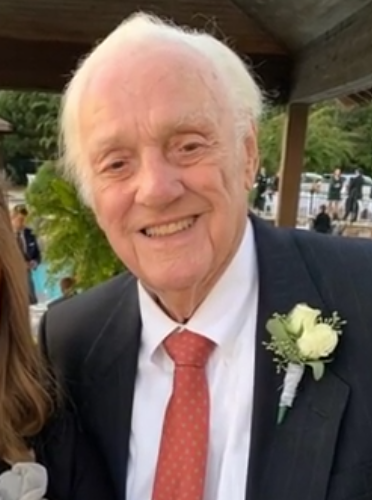
365 Days of Grief Support
Sign up for one year of grief messages designed to offer hope and healing during the difficult first year after a loss
Please wait
Verifying your email address
Please wait
Unsubscribing your email address
You have been unsubscribed
You will no longer receive messages from our email mailing list.
You have been subscribed
Your email address has successfully been added to our mailing list.
Something went wrong
There was an error verifying your email address. Please try again later, or re-subscribe.


